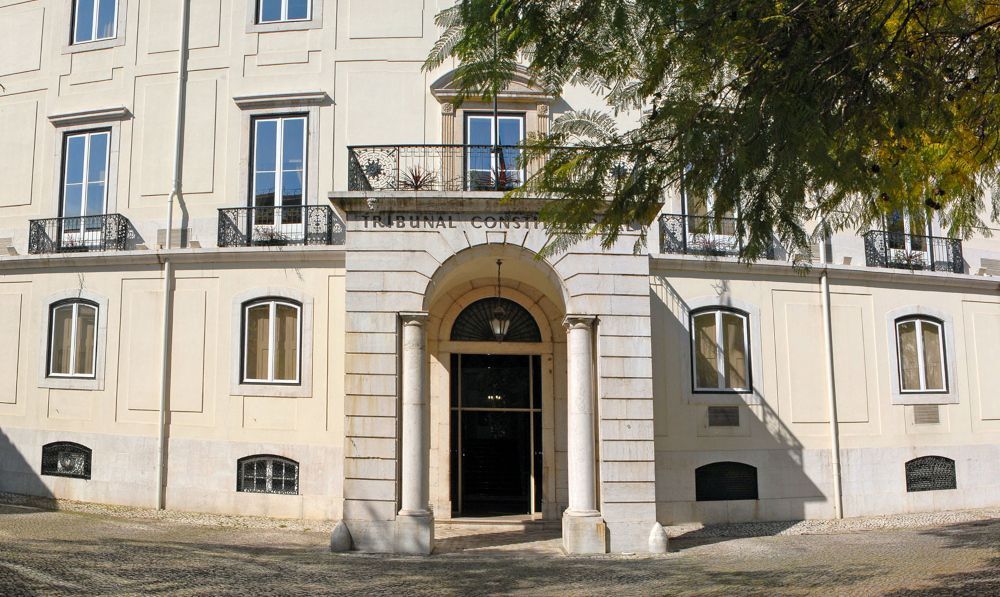"It Is All a Matter of Time”: Portuguese Citizenship for Time of Residence and How to Count It

Danielle Avidago | Immigration Consultant
Through the years that we live in a country that is not our birth country, sometimes we feel like we have lived there all our lives. We become familiar with its culture, language, cuisine, mannerisms, landscape, map coordinates… everything there is to know about that country. In those situations, when you feel local, there is nothing more fair than officially being a citizen of that country. With that in mind, Portugal enables people who reside in the territory for over 5 years to be eligible to apply for Portuguese citizenship under the regime stated in Article 6(1) of the Portuguese Nationality Law.
This kind of Portuguese citizenship application is framed under the naturalisation regime, and according to Article 6(1) of the Portuguese Nationality Law, those who are eligible to apply for Portuguese citizenship:
- Are of legal age or emancipated;
- Legally reside in Portugal for at least 5 years;
- Have enough knowledge of the Portuguese language;
- Have not been convicted of any crime punishable by 3 years or more of imprisonment according to Portuguese law; and
- Do not represent a danger or threat to Portugal’s homeland security by being associated with terrorists and violent organisations.
All of the above requirements may seem self-explanatory; however, there is a million-dollar question behind the second prerequisite, which is the most important: when does the 5-year period begin? There is no doubt that the applicant must hold a residence permit, as it is stated in Article 15(1) of the Portuguese Nationality Law. Article 15(4) of this same article apparently answers our million-dollar question when it states that "For the purposes of counting the periods of legal residence provided for in the present law, the time elapsed since the temporary residence permit was requested is also considered, provided that it is granted."
That sentence, however, still raises some questions: does the request for the residence permit begin when we contact the consulate, if the residency regime requires a prior residence visa? Does it begin when the visa appointment takes place? When the visa is approved? Issued? The day of the appointment before AIMA? When the residence permit is approved? Issued?
Article 19(2)(b) of the Regulation on the Portuguese Nationality Law states that the applicant must present the Certificate of Time Counting issued by the Portuguese Agency for Integration, Migration, and Asylum (AIMA). From its interpretation, we can conclude that this article grants AIMA discretionary power regarding what date the 5-year period to apply for Portuguese citizenship by naturalisation begins, since it declares that AIMA may use all of the above-mentioned possibilities for the time counting, whether the visa, the passport stamp, or the residence permit. However, that discretionary power raises several concerns and doubts for individuals who wish to know if they are eligible to apply for Portuguese citizenship for time of residence, considering that applying without fulfilling the time prerequisite may lead to a significant delay in the analysis of the process and even its denial.
During the work performed to amend the Portuguese nationality law, the legislator's intention was to fix the injustice behind the State's inefficiency in legalizing immigrants in our country, and the path to do that was to consider the date of the approval of the visa, if that step was in order. However, the essence of the law or the legislator's intention is not binding to those who apply the law. It is cause to be fought for, of course, however, our main intention will always be to take the safest and most efficient path. And our experience dictates that any of the above-mentioned dates can be used by the IRN when counting the 5-year period. So, following this line of thought can be risky.
To resolve those discrepancies, the Portuguese Government is in the process of drafting a regulation that will clarify which of the above-mentioned possibilities should be considered by AIMA when issuing the Certificate of Time of Residence, and by the IRN when approving a Portuguese citizenship application based on time of residence. That regulation, however, is not yet in force.
Other questions and concerns regarding this kind of Portuguese citizenship application include whether it has to be requested as soon as the 5 years of residence are complete. The Portuguese Nationality Law, in Article 15(3), states that the applicant must request Portuguese citizenship within 15 years of the completion of the 5-year residence period. The only condition is that the applicant holds a valid residence permit by the time of the application, even if they haven’t resided in Portugal for the past 10 years.
Should you think you fulfil the requirements to apply for Portuguese citizenship after 5 years of residency and wish for further specialised advice on the best possible course of action, please do not hesitate to
contact us. We would be more than pleased to assist you in acquiring your Portuguese citizenship smoothly and at the right time.











